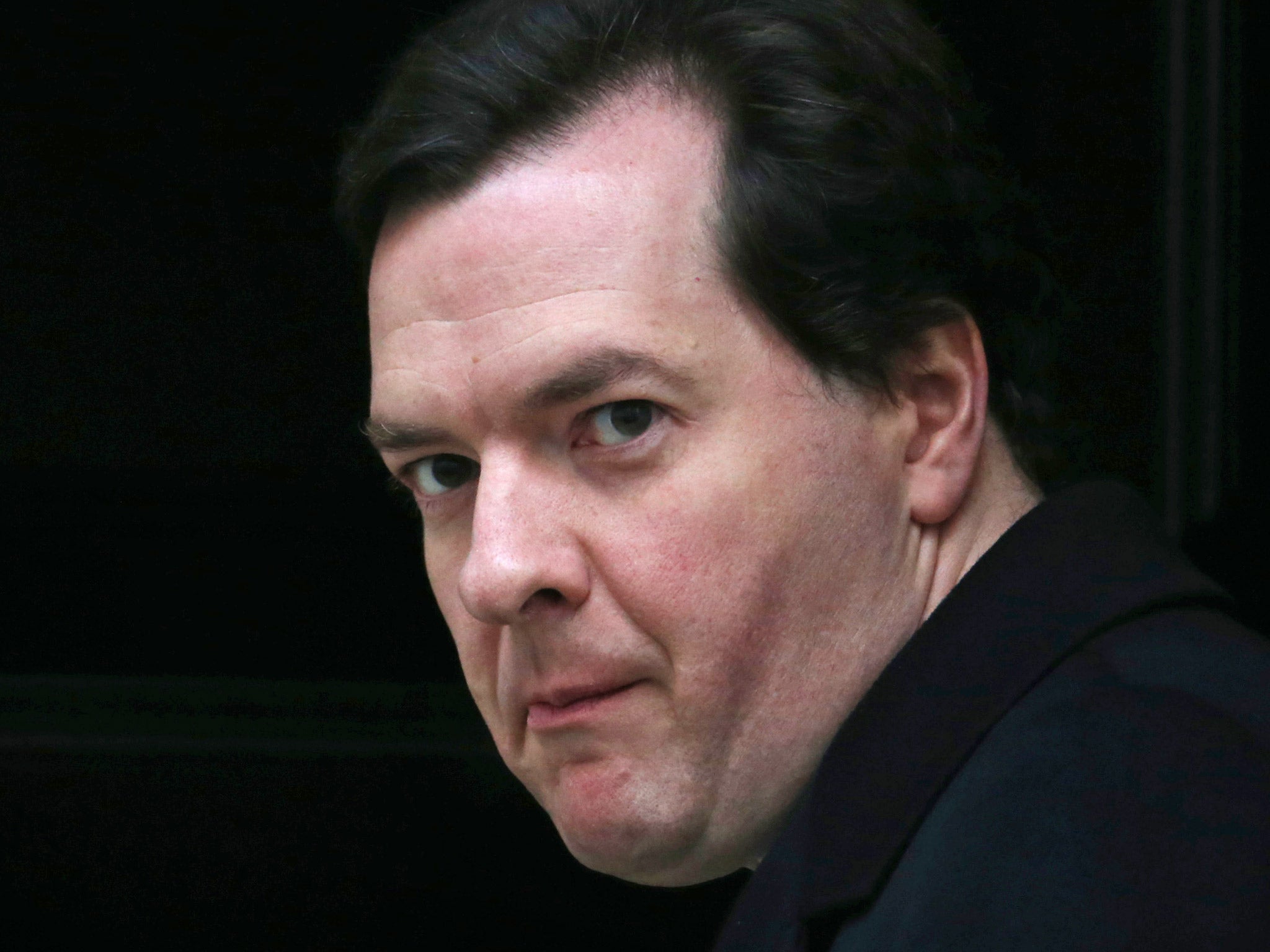Will any party bust the ‘shirker’ myth?
Claimants I spoke to were very busy with the ‘work’ that survival demands

Your support helps us to tell the story
From reproductive rights to climate change to Big Tech, The Independent is on the ground when the story is developing. Whether it's investigating the financials of Elon Musk's pro-Trump PAC or producing our latest documentary, 'The A Word', which shines a light on the American women fighting for reproductive rights, we know how important it is to parse out the facts from the messaging.
At such a critical moment in US history, we need reporters on the ground. Your donation allows us to keep sending journalists to speak to both sides of the story.
The Independent is trusted by Americans across the entire political spectrum. And unlike many other quality news outlets, we choose not to lock Americans out of our reporting and analysis with paywalls. We believe quality journalism should be available to everyone, paid for by those who can afford it.
Your support makes all the difference.In what many are describing as a brave but dangerous political gamble, Labour will today oppose the Coalition’s Welfare Uprating Bill, highlighting its negative impact on hard-working families. Claiming that some 500,000 working families will see their support fall in real terms, Labour will draw on case studies of nurses, teachers – even soldiers – who will be hit by the Coalition’s benefit-slashing regime.
Labour’s critique is an important one, but it misses a bigger point. Both Labour and the Coalition continue to operate within a rhetoric of hard-working families (good) and out-of-work benefit claimants (bad). The Opposition is only attacking the Bill for the damage it will do to Britain’s “strivers”, seemingly either too timid or politically tactical to also condemn the very real harm it will do to those currently reliant on out-of-work benefits.
A more confident critique would look at collapsing the stigmatising distinction which all three main political parties continue to uphold between so-called “strivers” and “shirkers”. This dichotomous division is challenged by a lived reality for many, of frequent transitions between low-paid work and out- of-work benefits: the low-pay, no-pay cycle. Politicians continue to favour neat distinctions which celebrate those in paid employment and stereotype those not currently working, failing to recognise the unsustainability of this dualism.
My own research has found benefit claimants desperate to work, whose persistent efforts to find employment clashes with Osborne’s characterisation of those on welfare “sleeping off a life on benefits”. The people I spoke to were very busy indeed; seeking work, volunteering to gain experience, and caught up with the hard “work” that struggling to survive below the poverty line demands. Cath* described toasting mouldy bread to make it edible, while a sanctioned claimant, Adrian, volunteered in a local homeless hostel because they gave him a hot meal. My research participants dismissed the idea of benefits as a lifestyle choice, often ridiculing the idea that anyone would choose the life they had. As James put it, “Well, when I worked, I used to love it. We used to do something every weekend. Life were good then. It’s shit now. You’re just existing, not living. That’s all you’re doing.” The Uprating Bill will only make this existence more difficult, increasing levels of poverty and meaning that those battling to survive on benefits experience even greater hardship.
Those who laud Labour’s opposition should demand more. We need a party willing to speak for all of the poorest in Britain, prepared to dismiss the myth of the shirker and acknowledge that almost all are striving to survive, whether in or out of paid employment.
*Names have been changed
Join our commenting forum
Join thought-provoking conversations, follow other Independent readers and see their replies
Comments